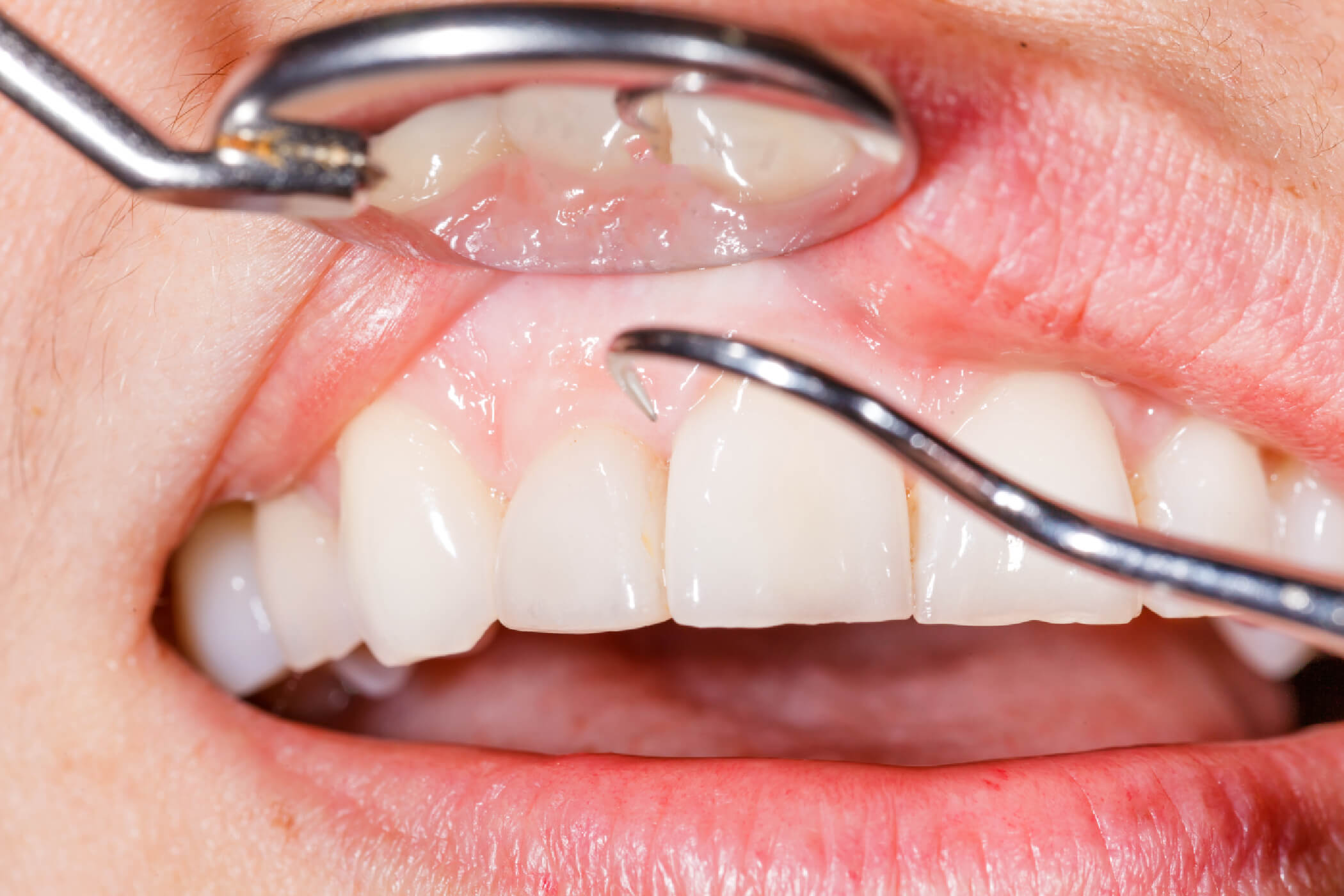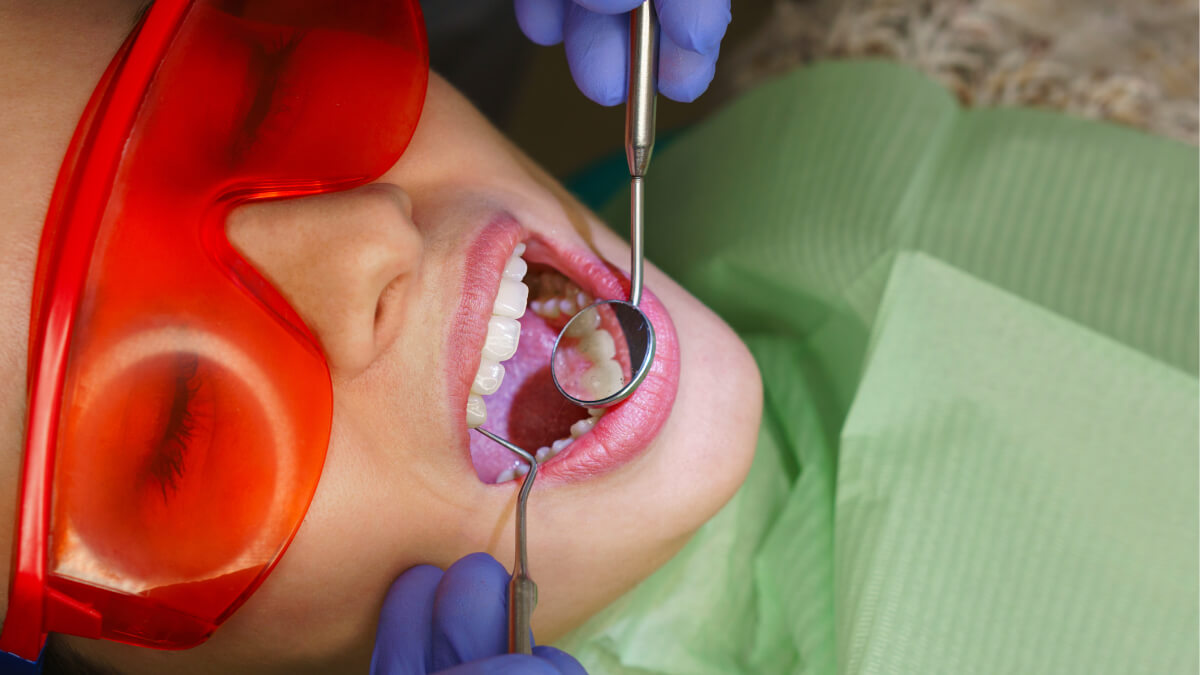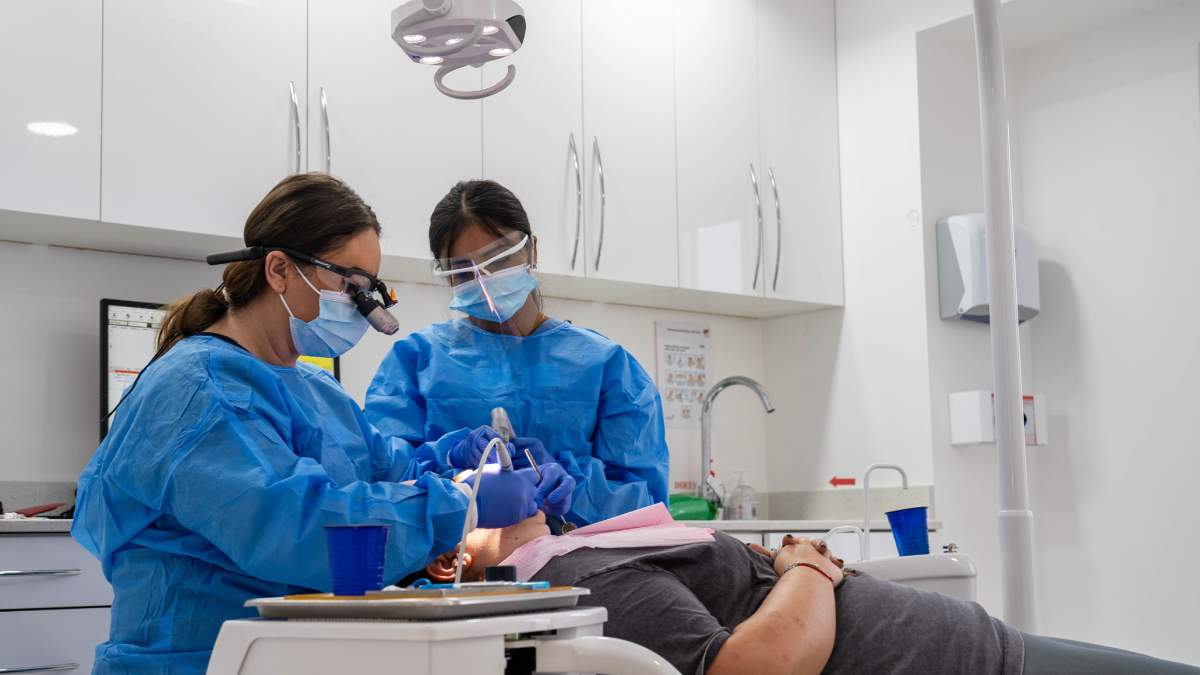How To Prevent Gum Disease
- Author: Diamond Dental
- Date: May 29, 20242024-06-04T15:46:362024-05-29T12:09:10



Gum disease is one of the leading threats to oral health, with over half of the British population showing signs of the condition, whether it be red, swollen and bleeding gums or, in the worst-case scenario, tooth loss. Despite this, only a small percentage of the population prioritises their gum health, and the number of people with gum disease continues to rise. As a leading dentist in Milton Keynes, in this article, we’ll be guiding you through this damaging dental condition and explaining how to prevent gum disease before it has a lasting impact on your health.
Gum disease has become widespread due to a lack of awareness and understanding. While it’s true that most of the UK population brush their teeth twice daily, this alone is insufficient to maintain healthy teeth and gums. Additional measures are necessary to eliminate the harmful bacteria that cause gum disease. Moreover, those with gum disease often experience minimal pain, leading them to underestimate its detrimental impact on their overall health. In this article, we’ll delve into how you can prevent gum disease and underscore the crucial need for comprehensive oral care.

Gum disease, also known as periodontal disease, is the inflammation and infection of the gums and the bone that supports teeth. Some individuals are more prone to this type of infection, but it is typically the result of poor hygiene.
There are many types of gum disease, and symptoms may vary, but these are the most common indicators:
Gum disease gradually increases in severity the longer it is left untreated. Over time, the tissue surrounding the teeth will break down, but this can be completely painless in the initial stages of degeneration. That’s why it’s important to recognise the warning signs before the disease gets too severe. Below are the four stages of gum disease:
1. Gingivitis: This is the first stage of gum disease. Your gums may be red and puffy; there may be blood when you brush or floss. There is no bone loss during gingivitis, so it is entirely reversible with proper treatment.
2. Mild periodontitis: Bacteria has seeped beneath your gums, affecting the supporting bone. You may notice your gums pulling away from your teeth and pockets forming around them. Plaque and bacteria will form in these pockets where a toothbrush and floss can’t reach them.
3. Moderate periodontitis: The formed bacteria will begin to erode the ligaments, soft tissues, and bones that hold your teeth in place. Pain may start to develop at this stage.
4. Advanced periodontitis: Bone loss continues, loosening your teeth until they eventually fall out.
Early intervention is necessary to treat gum disease and reverse its effects. Once the bone has already started to degenerate, the disease is too advanced to reverse. That said, it can be managed with consistent, diligent oral hygiene.
Many individuals don’t take gum disease seriously because they prioritise other aspects of their health over their oral well-being. However, research has proven gum disease has a detrimental impact on almost all areas of your health. So, by staying on top of your oral hygiene, you’re also looking after the rest of your body. Here are some ways gum disease can impact other conditions:

The best way to prevent gum disease is to remove the plaque that causes it. This can be done by brushing your teeth and along the gumline twice daily, preferably first thing in the morning and before bed. Use a toothbrush with a small head and soft bristles, along with fluoride toothpaste from the age of 18 months. Additionally, floss, interdental brushes or any other tool that cleans between the teeth will help remove plaque in hard-to-reach places.
Many lifestyle changes can also help reduce your risk of gum disease; this includes the following:
If you’ve noticed swollen or bleeding gums or are worried about your oral health, it’s essential to consult a professional. If present, they can diagnose gum disease and advise how to control it best or reverse its effects (if it’s in the gingivitis stage). Even if you haven’t noticed any symptoms, it’s never a bad time to arrange a dental checkup with an oral health professional like those at our dental clinic in Milton Keynes.
During a dental visit, your dentist or dental hygienist will perform various tests to diagnose gum disease. This may range from a gum examination to assess the pockets around the teeth to an X-ray to identify any bone loss.
Following diagnosis, your dentist will likely conduct professional cleaning, known as scaling and root plaining, to remove all traces of plaque, tartar, and bacterial products. Scaling removes the tartar and bacteria from the surface of your teeth. Root plaining removes bacterial and tartar deposits below the gum line, a difficult area that can only be cleaned by a professional. Your dentist will also help plan an effective at-home care plan and a schedule of regular checkups and cleaning.

You may require dental surgery if your gum disease has progressed further than gingivitis. There are many kinds of surgery to treat advanced periodontitis; some accelerate the mouth’s natural healing mechanisms, and others intervene to limit the damage caused by gum disease. Below are some of the most common methods of dental surgery for advanced periodontitis:
Alongside a consistent and effective oral hygiene routine, the most effective way to care for your gums is to consult with an oral health professional. As a leading private dentist in Milton Keynes, Diamond Dental MK is expertly placed to assess your gums and highlight any areas of concern. Get in touch with our team or book your appointment online today.

Achieving straight teeth is a common aspiration for patients from their early teenage years all the way up into adulthood, and thankfully, technological and material advancements have meant we now have a diverse range of options for patients seeking to enhance the alignment of their teeth. So, in this article, we’ll explain how to get […]

Despite affecting around eight in ten adults in the UK, tooth decay is often left untreated by those suffering from it. In fact, dental treatments across the board are on a steady decline as more and more people are neglecting their oral health. However, if left untreated, dental conditions like tooth decay can quickly lead […]